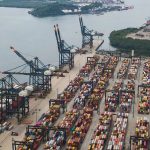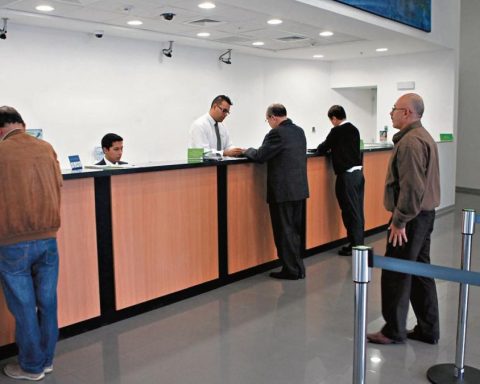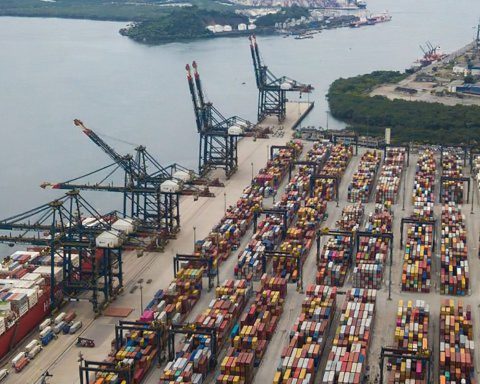The environment minister and Natural Resources, Miguel Ceara Hattonassured that it will be “inevitable a Tax Reform“because the country spends more than the income it receives. For months, from time to time, this possibility has been raised, which is rejected by broad social sectors under the argument that the population cannot bear more tax burdens.
“We have a structural deficit that is around 3%, that is, we spend an average of 3% more than we receive in income,” he stressed.
He added that “to all these efforts that have been made in legal matters of transparency, to improve the efficiency of the State, zero democracy, if all we are trying to do is part of what needs to be advanced on the spending side, because that’s not enough,” he said.
During the master conference “Dominican Republic in the face of the crisis: Fiscal Impact and Perspective for the Economy”, which he gave at the Universidad Iberoamericana (Unibe), he said that “70% of the countries in the world have a fiscal pressure greater than 20% . In Latin America the average is 27%, but in the Dominican Republic it is 14% and we occupy position 176 out of 192 countries”.
“91% of the countries in the world have a higher fiscal pressure, so a fiscal reform is inevitable”Environment Minister
Regarding public spending, he said that “82% have spending in proportion to the Gross Domestic Product (GDP) greater than 20%, in Latin America the average is 32% and in the Dominican Republic it is 17%”.
Regarding inflation, he estimated that it is very difficult to reduce it, but that it can be mitigated.
How’s the economy?
In addition, the official highlighted that the Dominican economy grew by 12.3% in 2021, with an increase of 4.7% compared to 2019.
He explained that the basis for this increase was the product of “basically private investment, because around 95%, 96% of that total investment was private investment, and not only that, but in the last quarter of 2020 and the entire 2021 , the investment coefficient, that is, the relationship between investment and gross domestic product, was greater than or at least 30%, which is a very high figure in any country in Latin America, including the world”.

















